Tag: Middle East
-
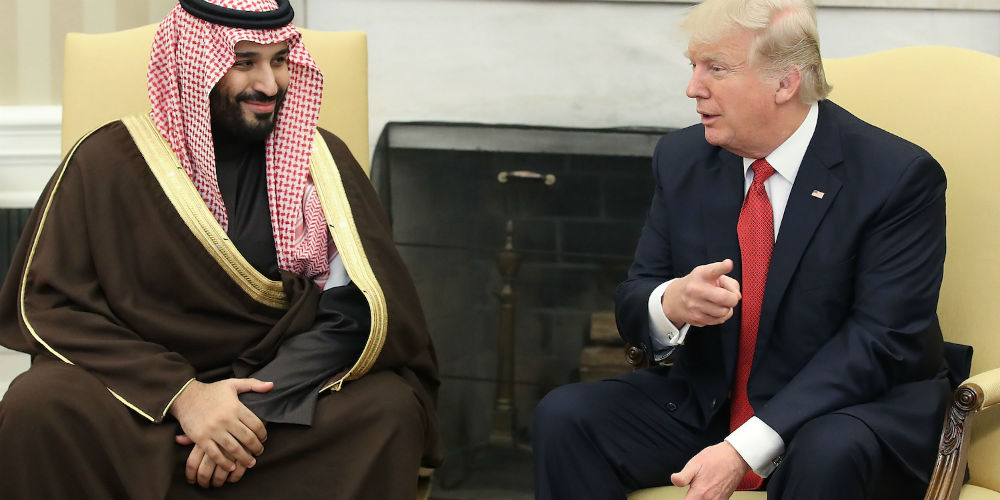
Arab turnaround: Saudi Crown Prince tilts at windmills, Assad secure
The ghoulish murder of Saudi dissident Jamal Khashoggi has set into motion a new dynamic in the Syrian, Yemeni, Palestinian and other incipient conflicts in West Asia. Popular perception globally has traced…
-
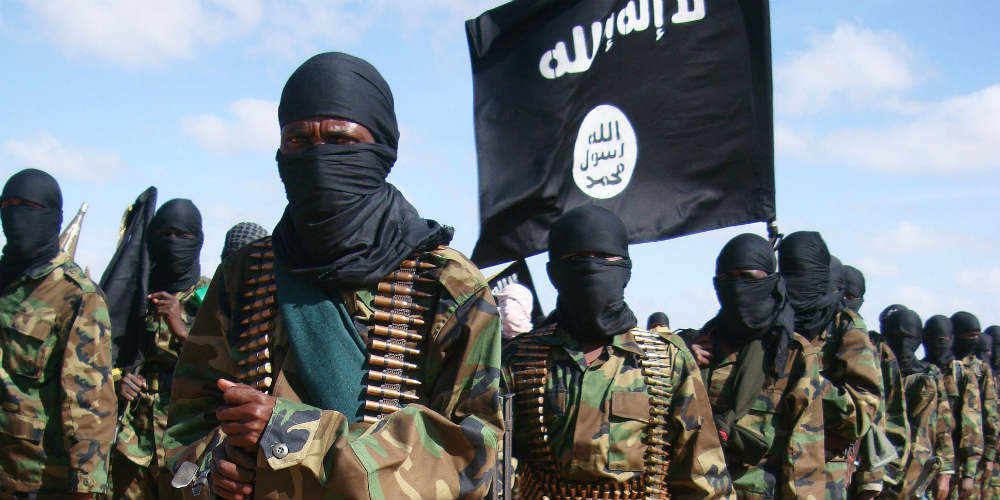
Migrant jihadis: ISIS freed from Raqqa, in search of endless battles
The mad pursuit for a New Middle East, repeatedly thwarted, keeps resurfacing, hydra-like. The driving force behind the neocon dream has metastasized into all sorts of outlandish and frightful scenarios. Has the…
-
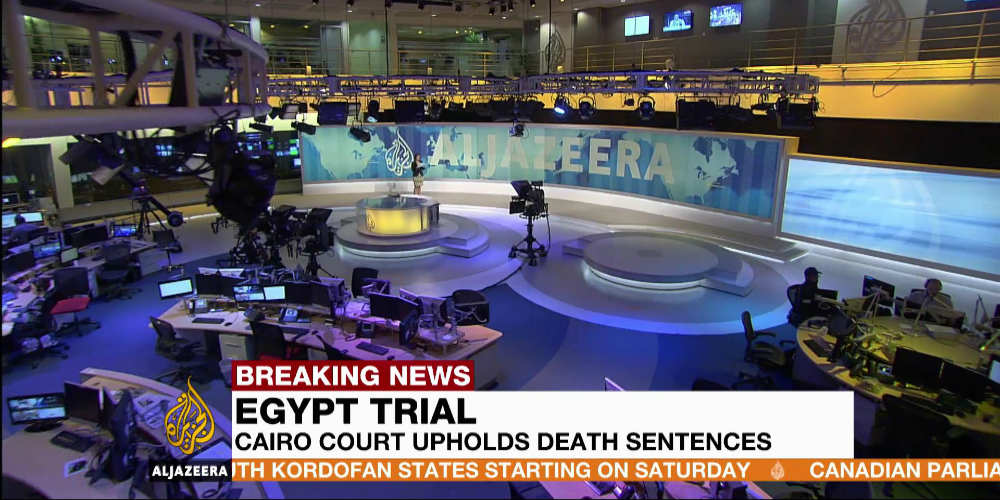
Origin of Saudi-Qatar spat: What lies in the future
That Qatar has relations with Iran is disliked in Riyadh, ofcourse, but what causes much deeper anxieties is the material and moral support Qatar can provide to Muslim Brotherhood which represents all…
-
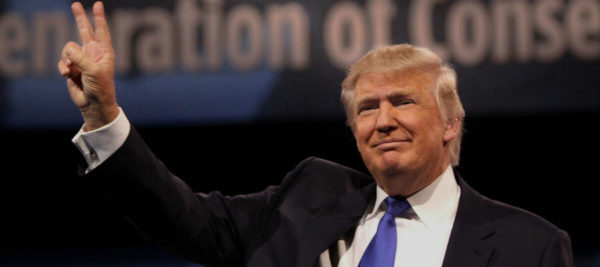
Trump an outcome of the Bush world disorder
Should he become President in November, Trump will have George W. Bush to thank. He is a product of the chaotic world order left behind by Bush and which Barack Obama failed…
-

Obama asks Arabs to target ISIS before Netanyahu rants on Iran
Israeli Defence minister Moshe Ya’alon spent the evening persuading his listeners that all the world’s problems emanate not from ISIS or Al Qaeda but from that fount of all evil, Iran. This…
-
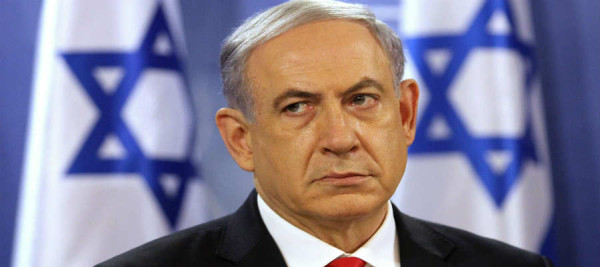
Changing American views on Israel may determine peace outcome
I commend to my Israeli friends that they read Shibley Telhami’s opinion poll on shifting ideas in the US about Israel, something even Thomas Friedman is worried about. There may be a…
